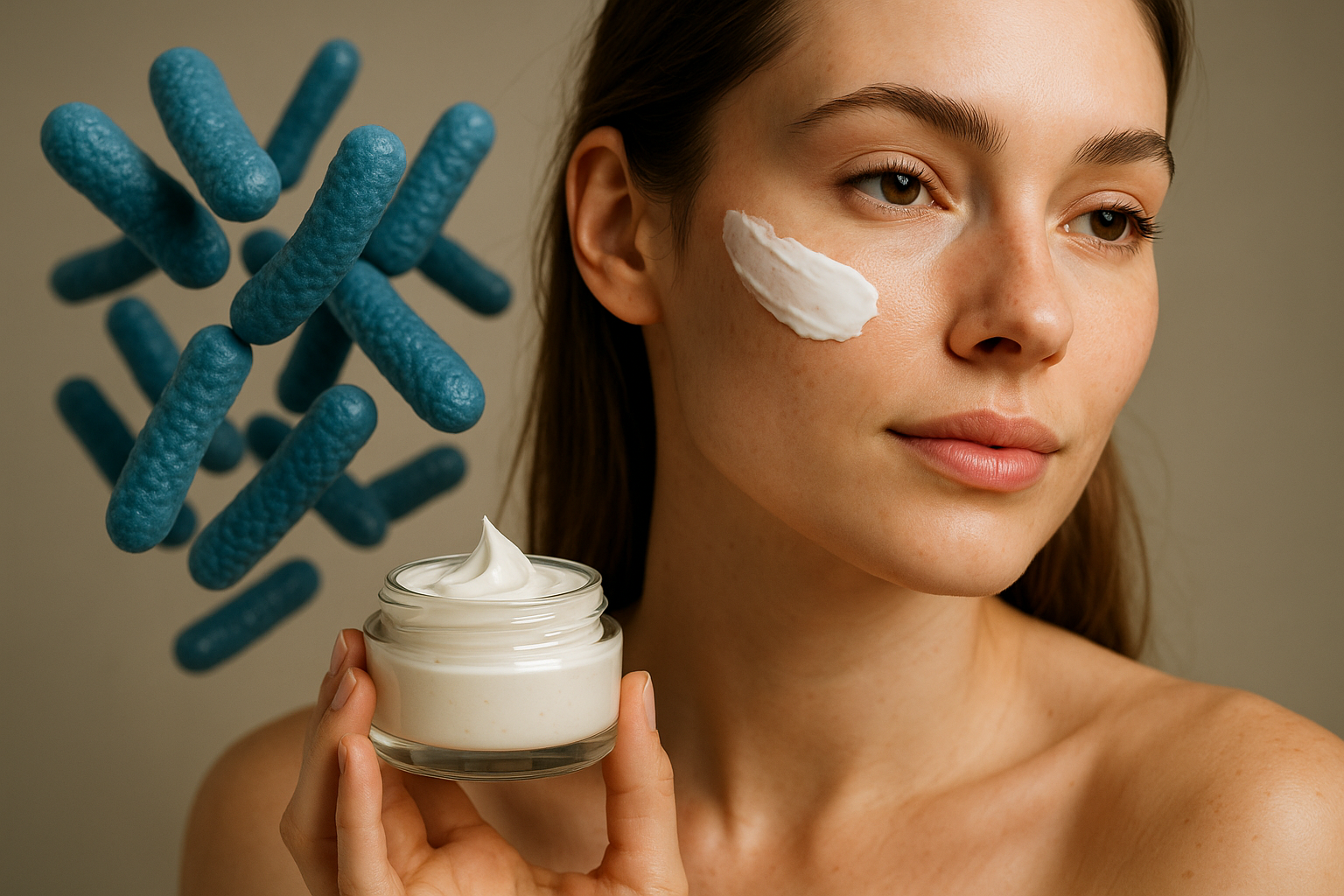A Guide to the Skin-Boosting Vitamin That’s Gaining Attention for Wrinkle Care
Vitamin C has emerged as a powerful ally in the battle against skin aging, capturing attention from dermatologists and skincare enthusiasts alike. This potent antioxidant offers multiple benefits for maintaining youthful, healthy skin, from boosting collagen production to protecting against environmental damage. Understanding how to harness its anti-aging potential can transform your skincare routine.

What Makes Vitamin C Essential for Anti-Aging Skincare?
Vitamin C plays a crucial role in maintaining skin health and fighting signs of aging. As a powerful antioxidant, it neutralizes free radicals that cause oxidative stress and premature aging. Additionally, it stimulates collagen synthesis, which helps maintain skin firmness and elasticity. The vitamin’s ability to brighten skin tone and fade dark spots makes it particularly valuable in comprehensive anti-aging skincare routines.
Understanding Different Forms of Vitamin C in Skincare
Not all Vitamin C formulations are created equal. L-ascorbic acid is the most potent and well-researched form, but it can be unstable. Other derivatives include sodium ascorbyl phosphate, magnesium ascorbyl phosphate, and ascorbyl palmitate. These forms offer varying levels of stability and effectiveness, with some being more suitable for sensitive skin types.
How to Properly Incorporate Vitamin C into Your Skincare Routine
For maximum benefits, apply Vitamin C products in the morning before sunscreen. Start with a lower concentration (around 10%) and gradually increase to prevent irritation. Store products in dark, airtight containers away from direct sunlight to maintain potency. Consistency is key - regular use yields the best results for wrinkle reduction and skin brightening.
Key Nutrients That Enhance Vitamin C’s Anti-Aging Effects
Vitamin C works synergistically with other ingredients to maximize its anti-aging benefits. Vitamin E and ferulic acid help stabilize Vitamin C and enhance its protective properties. Hyaluronic acid provides hydration while niacinamide can help reduce inflammation and improve skin barrier function when used alongside Vitamin C.
Choosing the Right Vitamin C Product for Your Skin
| Product Type | Concentration Range | Best For |
|---|---|---|
| Serums | 10-20% | Maximum potency |
| Moisturizers | 5-10% | Daily maintenance |
| Eye Creams | 5-15% | Delicate eye area |
| Facial Oils | 5-10% | Dry or mature skin |
Prices, rates, or cost estimates mentioned in this article are based on the latest available information but may change over time. Independent research is advised before making financial decisions.
When selecting a Vitamin C product, consider your skin type and concerns. Those with sensitive skin should opt for lower concentrations and more stable forms, while those seeking intensive anti-aging benefits might prefer higher-strength serums. The product’s packaging and formulation stability are crucial factors in maintaining its effectiveness.
This article is for informational purposes only and should not be considered medical advice. Please consult a qualified healthcare professional for personalized guidance and treatment.






